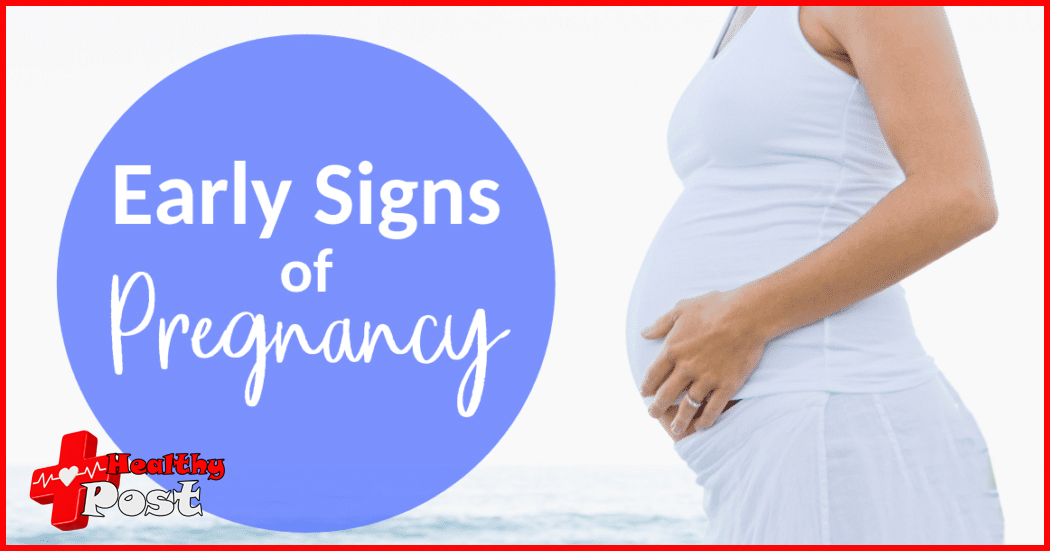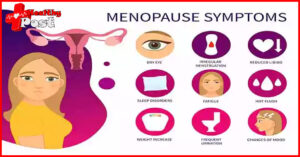
6 common symptoms in early pregnancy. Pregnant mothers should pay attention to them. If severe, they may harm pregnant women and fetuses.
Pregnancy is a very happy and happy thing. Most pregnant mothers are very excited when they find out that they are pregnant. When they think that they are going to be a mother, they will think about what will happen after the child is born. However, the pregnant mother must first ensure that she is safe. Early pregnancy. Therefore, it is necessary to understand what common diseases and symptoms pregnant mothers will experience in early pregnancy.
1. Bleeding in early pregnancy
Some pregnant mothers will bleed when the fertilized egg implants. Generally, 6 to 7 days after intercourse, the fertilized egg has entered the uterus and the placenta has implanted on the inner wall of the uterus. A small amount of blood streaks and leucorrhea may appear. Come out together, this is bleeding in the first trimester. The amount of bleeding is very small, and it appears as red blood spots or pink blood spots and blood streaks. At this time, the pregnant mother does not feel uncomfortable and rarely suffers from stomach pain, which usually disappears in two to three days.

If the pregnant mother finds that the amount of bleeding is larger than this and there are symptoms of abdominal pain, it is not necessarily implantation bleeding. The pregnant mother must go to the hospital for treatment. It may be other bleeding or ectopic pregnancy bleeding.
3 to 4 days after the fertilized egg implants, a weak positive result can be detected with a pregnancy test paper. At this time, the pregnant mother should not take medicines or injections, nor lift heavy objects, nor do strenuous exercise. She must quit smoking and drinking. . Then after about 20 days, the small gestational sac can be seen through B-ultrasound.
2. Abdominal pain in early pregnancy
Some pregnant mothers find that they have dull pain in the abdomen and mild abdominal distension in the early stages of pregnancy. This is due to changes in the level of progesterone in the body, abdominal cramps leading to soreness, and loose ligaments and stretching of the abdominal muscles can also cause pain. If there is only mild pain and no other symptoms, pregnant mothers do not need to worry. Stomach pain caused by this kind of ligament stretching will occur throughout pregnancy. This is normal physiological pain.

Some pregnant mothers occasionally feel left lower abdominal pain in the early stages of pregnancy, but it disappears quickly. It may be gastrointestinal discomfort caused by improper eating or catching a cold. The abdominal pain and the feeling of having a bowel movement are caused by intestinal spasm.
However, if you have abdominal pain, especially paroxysmal lower abdominal pain or regular abdominal pain, low back pain, or pelvic pain, and then there is slight bleeding or brown secretion or other obvious falling sensation in the abdomen, you should go to the hospital in time. Threatened abortion may Symptoms of abdominal pain and bleeding. If you have severe pain in the lower abdomen on one side, accompanied by bleeding or fainting, you may have an ectopic pregnancy.

In some pregnant mothers, the ovarian corpus luteum forms in the early stages of pregnancy, causing ovarian cysts to twist or rupture, and uterine fibroids can also cause persistent severe pain in the lower abdomen. If the mole grows and expands too quickly in the uterus, it will also cause paroxysmal lower abdominal distension or dull pain, accompanied by vomiting. Lower abdominal pain may also occur in early pregnancy complicated by appendicitis, which may be accompanied by fever, nausea, and vomiting, and then the pain may shift to the right lower quadrant. If you have the above pain symptoms, you must go to the hospital in time.
3. Back pain in early pregnancy
Some pregnant mothers also experience symptoms of low back pain in early pregnancy. This is because under the action of estrogen and progesterone, the pregnant mother’s joint ligaments relax, and the uterus gradually increases and leans forward, which puts a strain on the pregnant mother’s back ligaments and muscles. Low back pain caused by stretching is usually painful after standing for a long time or walking a lot. It will be relieved or disappear after resting. This is a normal phenomenon.

However, if the pain is severe and lasts for a long time, it may be low back pain caused by ectopic pregnancy or threatened abortion. This will also be accompanied by a sinking feeling in the abdomen and a sliding feeling in the waist. At this time, you should go to the hospital immediately.
4. Diarrhea in early pregnancy
Generally, pregnant mothers do not experience diarrhea, but more constipation. If a pregnant mother has diarrhea in early pregnancy, it is necessary to find out the cause. Some may be infected with viral diarrhea or eat unhygienic food. If the diarrhea is severe, you should seek medical treatment in time. If the diarrhea is severe in early pregnancy, it will affect the development of the fetus, and diarrhea will cause the loss of water, electrolytes, potassium ions, and calories. Also, diarrhea in early pregnancy may be a sign of miscarriage, so pregnant mothers should be worried.

Pregnant mothers should also eat more foods containing vitamin C at this time to increase appetite and promote digestion. Pay attention to keeping the abdomen warm and not to catch cold. Do not take medicine indiscriminately, which may lead to fetal malformation or miscarriage.
5. Dizziness in early pregnancy
Some pregnant mothers will experience dizziness and nausea in early pregnancy. This is mainly because the body needs more nutrients after pregnancy. If insufficient nutritional supplements, anemia, hypotension, and hypoglycemia lead to insufficient blood supply to the brain, ischemia and hypoxia, dizziness will occur. Especially for pregnant mothers with severe morning sickness, if they eat less and vomit more, they may experience symptoms of low blood sugar, such as dizziness, fatigue, palpitations, etc. Therefore, it is recommended that pregnant mothers go to the hospital to have their blood routine and blood pressure checked to see if there is anemia or high blood pressure.

What should I do if I feel dizzy in early pregnancy?
If dizziness occurs after pregnancy, the pregnant mother should not work, ensure adequate sleep, rest well, do not move around too much, strengthen nutrition appropriately, and eat more protein-rich foods, such as fish, meat, eggs, Milk, beans, etc. You can also supplement iron and vitamins, and eat more whole grains, dates, peanuts, and red beans. Adjust blood pressure to normal value promptly.

6. Increased leucorrhea in early pregnancy
Pregnant mothers will find that leucorrhea increases in early pregnancy. This is normal because the estrogen level in the pregnant mother’s body increases, and leucorrhea will also increase. Pregnant mothers should not buy some medications just because there is too much leucorrhea. If you notice any odor or bloodshot eyes, you should go to the hospital for treatment.


11 thoughts on “6 common symptoms in early pregnancy. Pregnant mothers should pay attention to them. If severe, they may harm pregnant women and fetuses.”